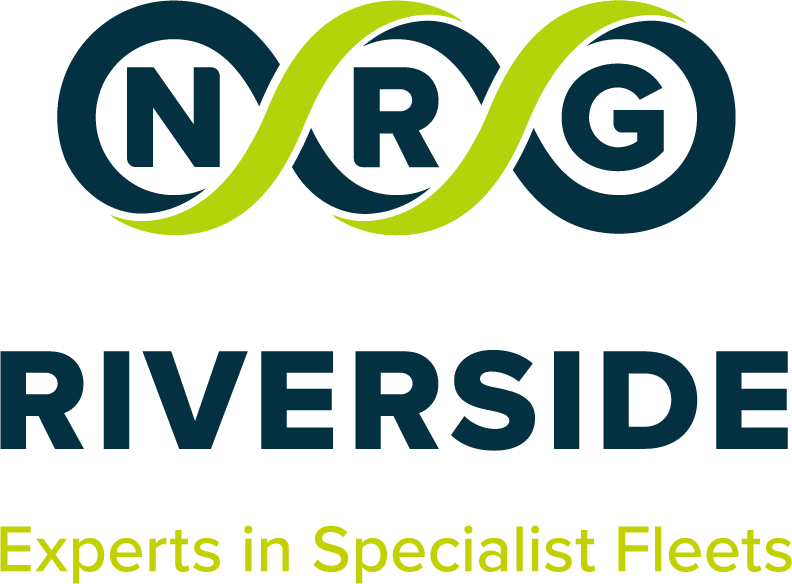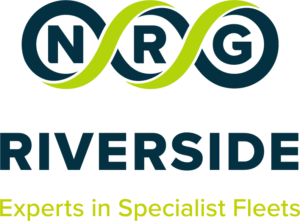Smart and Sustainable Municipal Fleet Management
In the ever-evolving world of urban development, municipalities across the globe are envisioning novel approaches to the administration of their vehicular fleets. The conventional methods of fleet management are undergoing a significant metamorphosis, propelled by the assimilation of intelligent technologies and a resolute dedication to ecological responsibility.
The Evolution of Fleet Management
The management of fleets has conventionally posed a logistical challenge for municipalities. Historically, guaranteeing the seamless operation of a varied range of vehicles, including waste collection trucks and public buses, has necessitated manual tracking, scheduled maintenance, and route planning. Nevertheless, the advent of the Internet of Things (IoT) and data analytics is transforming this long-standing practice.

The Internet of Things Revolution
Connecting Vehicles and Assets
The Internet of Things encompasses the interlinking of commonplace objects and devices through the internet. Within the realm of municipal fleet management, this entails the installation of sensors and telematics devices on vehicles, which gather instantaneous data on various aspects such as vehicle performance, location, fuel usage, and other relevant metrics. Subsequently, this data is transmitted to a centralised system for comprehensive analysis.
Data-Driven Decision Making
The information gathered via IoT devices represents a significant breakthrough for fleet managers, as it enables them to make proactive decisions based on up-to-the-minute data. To illustrate, in the event that a refuse collection vehicle’s sensor detects a problem with the engine, maintenance can be arranged in advance of a breakdown, resulting in savings of both time and money.
Optimised Routes and Fuel Efficiency
The utilisation of IoT – enabled Global Positioning System (GPS) and advanced route optimisation algorithms empowers municipalities to strategically devise the most optimal routes for their vehicles. This not only results in a reduction in fuel consumption but also effectively mitigates the environmental impact by significantly decreasing emissions from municipal fleets.
Data Analytics: Unleashing Fleet Potential
Predictive Maintenance
Data analytics facilitates the implementation of predictive maintenance, a procedure in which algorithms scrutinise past vehicle data to forecast potential component failures. By proactively addressing these concerns prior to their escalation, municipalities effectively mitigate downtime and enhance the longevity of their fleet.
Fuel Efficiency
The analysis of fuel consumption patterns facilitates the identification of prospects to optimise routes, limit idling time, and mitigate fuel wastage. The collective effect of these minor alterations results in substantial fuel conservation and reduction in emissions.
Environmental Impact Assessment
Data analytics tools have the capability to evaluate the environmental impact of municipal fleets. This encompasses the monitoring of emissions, computation of carbon footprints, and assessment of the advantages of transitioning to alternative fuels or electric vehicles.
Sustainability at the Core
Reducing Emissions
The adoption of smart fleet technologies is primarily motivated by the imperative of sustainability. Through the optimisation of routes, reduction of idle time, and meticulous vehicle maintenance, municipalities effectively diminish their carbon emissions, thereby making a substantial contribution towards the attainment of cleaner air and a healthier environment.
Cost Savings
Although the initial investment in IoT and data analytics may appear significant, the long-term cost savings are indisputable. The resultant decrease in fuel consumption, diminished maintenance expenses, and prolonged lifespan of vehicles all contribute to financial advantages that rationalise the initial investment.
Challenges and Future Prospects
Data Security and Privacy
The acquisition of sensitive data by municipalities through IoT necessitates the highest priority be given to ensuring the security and privacy of such information. To safeguard against potential threats, it is imperative to implement robust cybersecurity measures.
Infrastructure and Training
The effective integration of IoT and data analytics in fleet management necessitates not solely technological advancements, but also the establishment of appropriate infrastructure and comprehensive staff training. Municipalities must allocate investments towards both aspects in order to fully harness the advantages derived from this integration.
Integration with Sustainability Goals
In order to effectively utilise the capabilities of intelligent technologies, local governments must synchronise their fleet management tactics with overarching sustainability objectives. This entails implementing alternative fuel sources and electric automobiles, as well as embracing environmentally conscious maintenance methodologies.
The future of managing municipal fleets appears to be promising, with the advent of IoT and data analytics leading the way. These technologies provide cities with the ability to operate fleets that are more environmentally friendly, efficient, and cost-effective, thereby contributing to a sustainable future. As municipalities continue to adopt these innovations, we can anticipate a reduction in air pollution, traffic congestion, and a more sustainable urban environment for all.
The evolution of fleet management is not solely a technological progression; it is a pledge to a greener and more sustainable future, one vehicle at a time.











